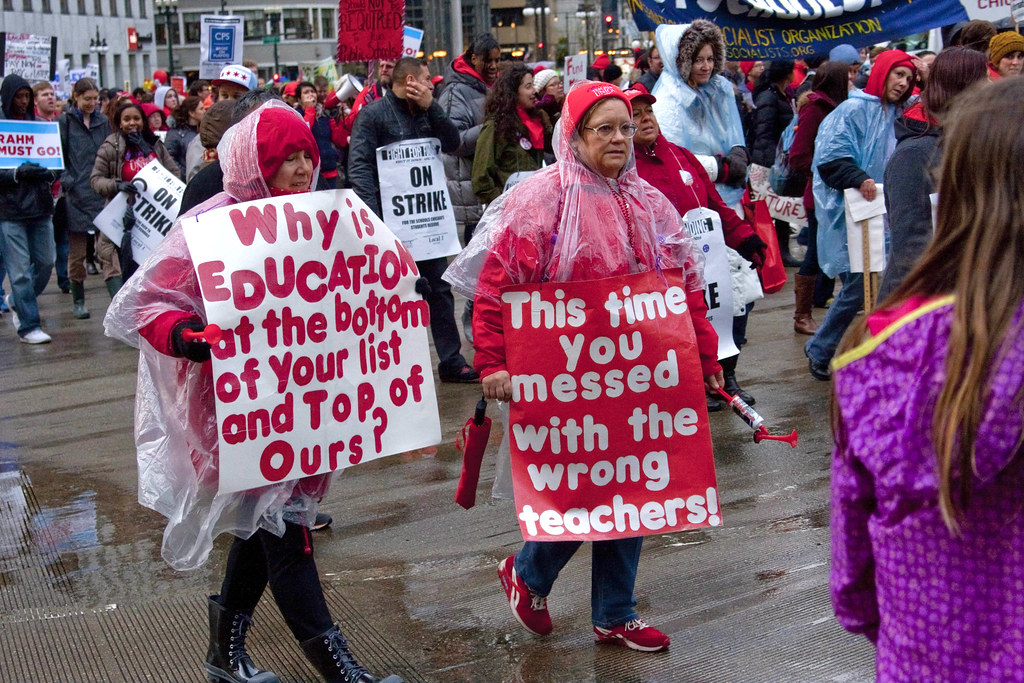Illinois union rights proposal would impact schools, localities by expanding union collective bargaining power.
(The Center Square) – A proposed amendment to the Illinois Constitution on the November ballot would codify labor rights in Illinois. Some worry that the amendment could have a significant impact on local communities.
Amendment 1 on the November ballot aims to give workers an even playing field when negotiating with their employers, supporters say.
Different aspects of the measure have been criticized for the potential negative impact they could have on local communities and taxpayers.
A recent report from the Illinois Policy Institute declares that if passed, teacher unions will have control of health-related decisions in local schools.
The report states that because of the broad language in the proposed amendment, unions such as Chicago Teachers Union will have bargaining rights over virtually anything. The report says the language guarantees the right to bargain over safety at work, including provisions such as COVID-19 policies.
Proviso Township School District Trustee Anthony Travis said parents would have no say over health-related school decisions.
“It would be a huge mistake for taxpayers and a huge mistake for parents,” Travis said. “Parents will have no recourse because it will be embedded into the constitution. The only way they can remove it will be by getting lawmakers to put it back on the ballot.”
Supporters of the amendment have said that it is an important piece to ensure workers are getting the wages they deserve.
“The falling unionization rate has lowered wages, not only because some workers no longer received the higher union wage, but also because there is less pressure on nonunion employers to raise wages,” state Sen. Ram Villivalam, D-Chicago, told the Daily Herald. “The ability of unions to set labor standards has declined.”
Adam Schuster, vice president of policy for Illinois Policy, said the amendment could affect Illinoisans by blocking specific tax reductions.
According to Schuster, Amendment 1 would grant government unions unprecedented bargaining powers as a “fundamental right,” including the power to override voters and state lawmakers.
“So a lot of the commonsense reforms to reduce costs for homeowners such as pension reforms, to consolidate local governments, or to cut down on administrative waste in schools, could be blocked,” he said.
State Rep. Lance Yednock, D-Ottawa, a supporter of the measure, said that not passing the amendment would have the largest impact on communities.
“One of the most diabolical ways to limit collective bargaining is through so-called right-to-work laws,” Yednock said in floor debate over the measure. “States that limit collective bargaining see declines in wages, benefits, training, and safety standards, and it’s a losing proposition for all workers.”
Despite an attempt to block the measure in the courts, the proposed constitutional amendment remains on the ballot for the general election Nov. 8.
Originally published by The Center Square. Republished with permission.
For more from Budget & Tax News.
